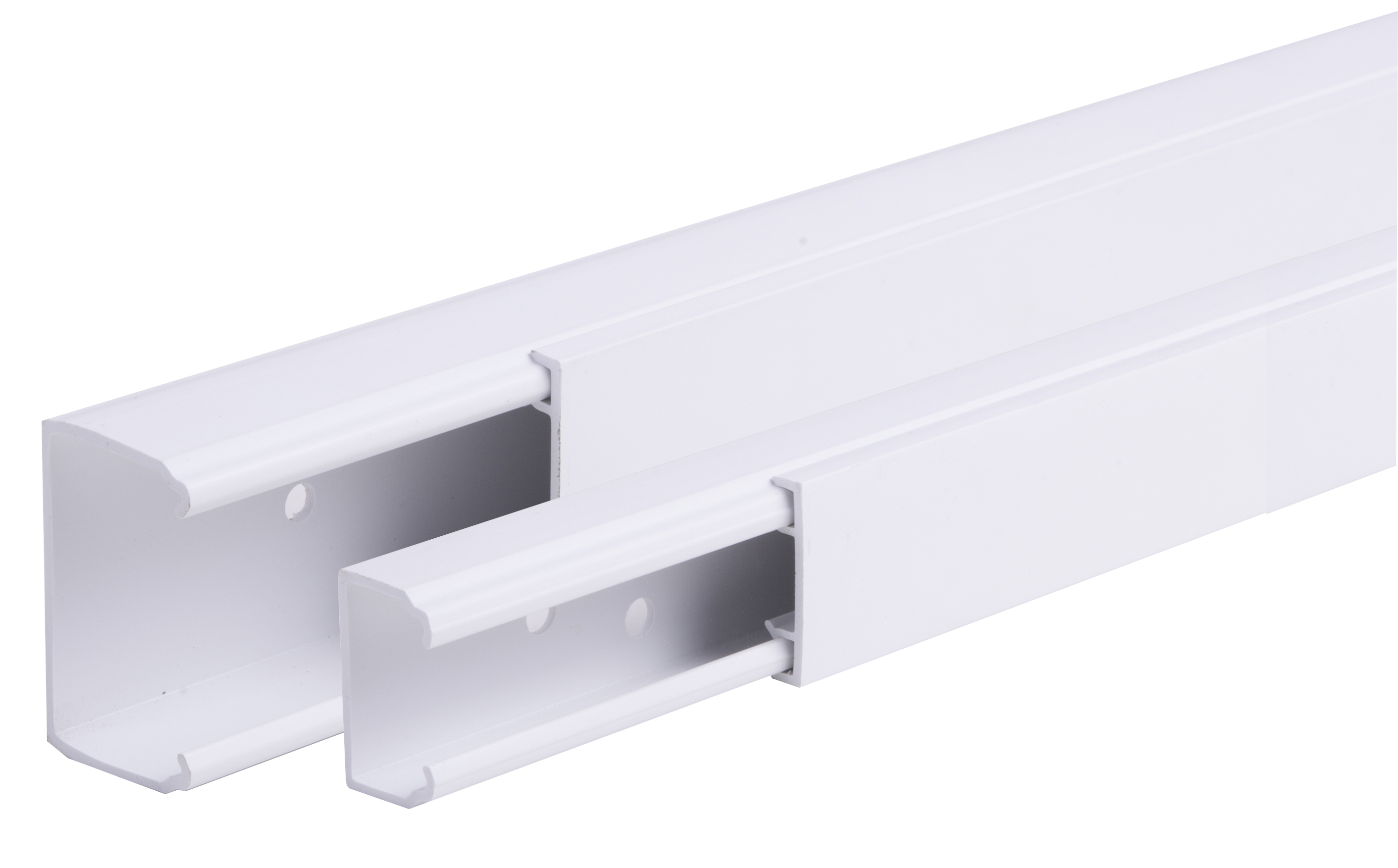It’s time for the construction industry to address the amount of waste it sends to landfill. In this feature, Paul Hetherington, Chief Executive Officer at Marshall-Tufflex focuses on the need to install products that are made using recycled material.
Each year, the UK produces around 120 million tonnes of waste as a by-product of construction activity. This is a considerable amount, in fact, it equates to around 60% of all waste. Unfortunately, a lot of it isn’t considered recyclable and as such, an estimated 25 million tonnes is sent straight to landfill.
Sending so much waste to landfill sites is unsustainable. Some experts have warned of a ‘toxic time-bomb’ facing Britain, with landfill sites coming under threat from flooding and coastal erosion. There could be as many as 2,946 landfill sites in the country that currently lie in flood plains.
FINDING A SOLUTION
It’s important to find solutions to the current problem. What’s more, it’s important that the solution is sustainable and beneficial to the broader environment. One of the best approaches is for electrical contractors to begin selecting products that are manufactured from recycled material, and make apprentices entering the industry aware that these products are available. As recycled material is re-used it reduces the amount of waste sent to landfill sites.
The onus is on manufacturers to help make this solution a reality. At Marshall-Tufflex we have been using recycled material to manufacture products for more than twenty years. We manufactured our PVC-U trunking from, using 80% recycled material last year, with some extruded white trunking profiles manufactured from 100% recycled content. The approach is saving us the weight of 300 double decker buses worth of virgin PVC each
year. It’s a big reduction, but we’d like to go further. In fact, within a decade we’d like to ensure that all PVC-U cable management products installed in the UK are manufactured from a minimum of 50% recycled material.
BUILDING A COLLECTIVE APPROACH
To achieve this goal, we’ll need help from others. It’s important that the industry adopts a more collective approach. From architect to end-user and from apprentice electrician to main contractor, it’s time for the entire supply chain to reinvigorate the conversation around sustainability. Whilst the target might sound ambitious, we believe its achievable.
More than most materials, offcuts from PVC-U window fabrication are ideal for recycling with the material designed to withstand the external environment. As a result, the recycled PVC content is stronger than when the virgin material is used. What’s more, the material can be recycled over 20 times and will still retain its properties.
Recycling isn’t just good for the environment, but it’s also good for business. Not only can firms cut down on waste management costs, but as the recycled material is stronger, it will last longer without needing maintenance. Furthermore, it will mean that companies needn’t worry about finding solutions to the landfill problem.
With some estimates predicting that 200 million tonnes of PVC will come out of European buildings in the next 20 years the time is now to find a solution. For leading manufacturers, this means beginning to enforce strict quality control process to better monitor the quality of the recycled material.
IMPORTANT REGULATIONS
In looking to make these improvements, its important manufacturers stay in-line with the Registration, Evaluation, Authorisation and restriction of Chemicals (REACH) standards. It’s also vital that manufacturers comply with the ISO 14000 Family – Environmental Management.
Both standards provide a set of practical tools for companies and organisations looking to manage their environmental responsibilities. Fulfilling the standards help to demonstrate manufacturers have taken steps to reduce their environmental impact. Any firms not complying with the standards need to change.
At Marshall-Tufflex, we’re trying to start a conversation about sustainability in the construction industry. By making electrician’s aware of the options right from the start, whilst they are apprentices, this will significantly reduce the sector’s environmental impact in the future and contribute towards a more circular economy.
To find out more about Marshall-Tufflex’s extensive range of solutions visit www.marshall-tufflex.com



